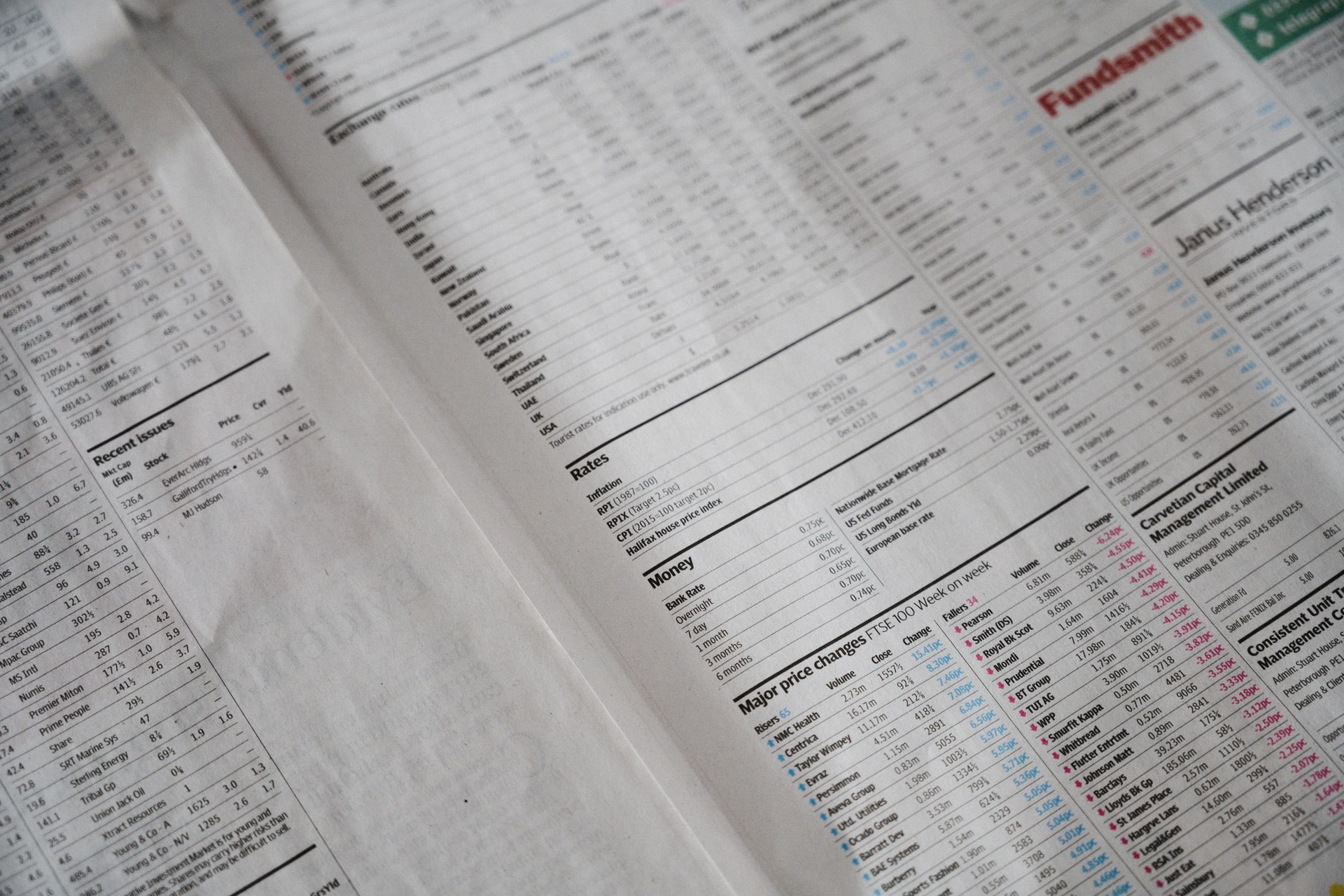How Has the Manufacturing Industry Changed in 2021?
The manufacturing industry is a hugely important sector of...
5 Benefits of Reading a Finance Blog
The internet is full of blogs that are just waiting to be...
What Are The Options for Charging an EV at Home?
You don’t have to look for the nearest station to...
TSplus most affordable office software in the UK
One of the many changes COVID-19 pandemic has brought into...
Things to consider when looking for a new PR agency in London
If you’re looking for a PR agency to help improve your...
How to Choose MT4 Brokers for Beginners
Are you searching for which platform to start your trading...
A Quick Overview about Webull Fractional Shares
Do you want to invest in a certain company, but your budget...











 Bitcoin
Bitcoin  Ethereum
Ethereum  Tether
Tether  XRP
XRP  USDC
USDC  Solana
Solana  TRON
TRON  Lido Staked Ether
Lido Staked Ether  Cardano
Cardano  Avalanche
Avalanche  Toncoin
Toncoin